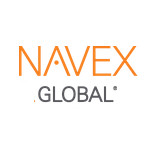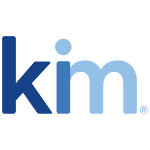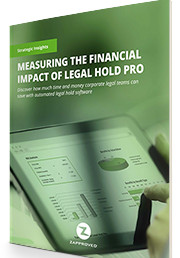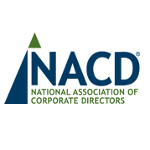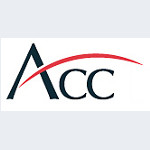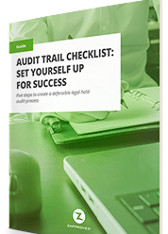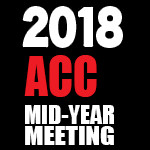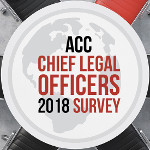Special Counsel, a provider of legal staffing and eDiscovery solutions, released the results of its first In-House Legal Trends Survey, a comprehensive look at how in-house legal departments are structured, how they are hiring and what their priorities are for the year ahead.
More than 500 in-house counsel, including general counsels and chief legal officers, completed the survey on topics related to talent acquisition resources, legal budgets and national and local salary data, including an examination of diversity and gender gaps.
In a release, Special Counsel said in-house legal departments have a strong desire to bring more talent in-house. According to the survey findings, 65 percent of respondents said they would prefer to bring additional talent in-house instead of relying on outside counsel. Nearly one third of respondents (32 percent) would consider using contract attorneys during their continued search for an appropriate full-time hire.
“Our expertise in the legal space allows us to provide niche solutions that help in-house teams compete in this tight labor market. Whether ready to add headcount or in need of a temporary hire, we work closely with our clients to understand their unique staffing needs and offer the most appropriate fit,” said Laurie Chamberlin, president, Special Counsel.
The economy is at one of its strongest points in years and the employment of lawyers is projected to grow 8 percent between 2016 and 2026 (according to the Bureau of Labor and Statistics). For the legal professionals surveyed, the study found that over half of them said they are planning to grow or would consider growing their department in 2018.
The In-House Legal Trends Survey found that salary was not the biggest draw for talent, with only 13 percent of respondents citing compensation as a top reason for working at their current company. On the other hand, benefits like flexible work arrangements (23 percent), as well as long-term growth opportunities (23 percent) help make a difference for employees. The right mix of salary and benefits may be contributing to strong tenure within legal departments, with nearly half of respondents saying they have been at their current job for six years or more (48 percent).
“Monetary compensation is only one piece of the puzzle,” said Amanda Ellis, senior vice president, Special Counsel. “Following suit with other industries, in-house legal departments are now offering alternative perks to compete for and retain talent.”
Talent acquisition continues to be a pain point for in-house legal departments, with over half of respondents (56 percent) sharing they are not confident in their HR or Talent Acquisition department’s ability to staff attorney positions, citing a lack of expertise. Alternatives such as a retained search firm, external contingency recruiters, and internal and external referrals continue to be used as positive talent acquisition resources throughout the industry.
See details of the In-House Legal Trends Survey.
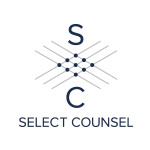 Select Counsel will present its latest In House Focus CLE program, What GCs Need to Know About Vendor, Customer and Competitor Bankruptcies, on Wednesday, May 9, 2018, at 9 a.m. PT / 12 ET.
Select Counsel will present its latest In House Focus CLE program, What GCs Need to Know About Vendor, Customer and Competitor Bankruptcies, on Wednesday, May 9, 2018, at 9 a.m. PT / 12 ET.
